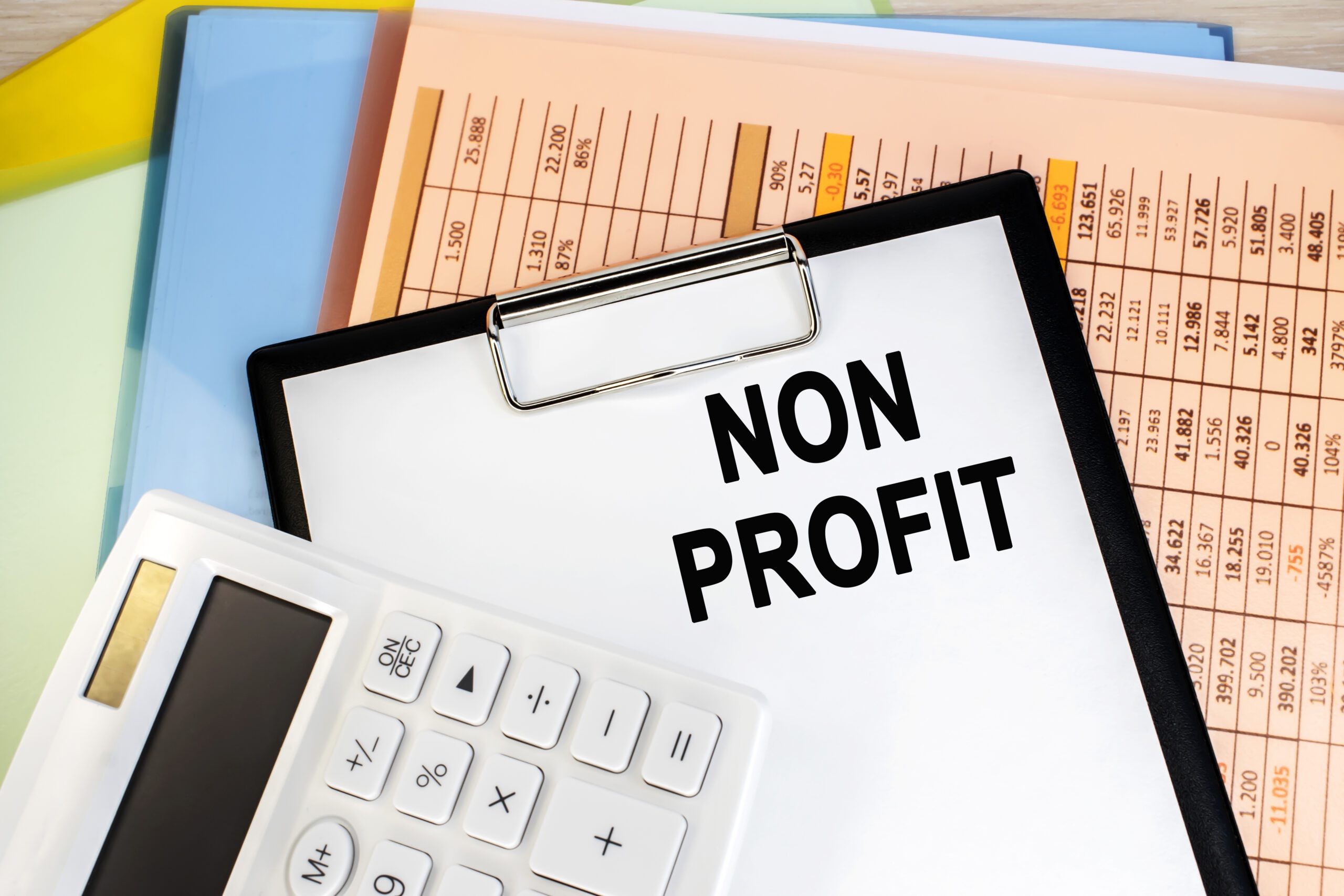Are you wondering how to form a nonprofit in PA? Before you open your doors, there are some important legal points you’ll need to know—11 of which the nonprofit lawyers at May Herr & Grosh are sharing here.
Some Things to Know BEFORE Your Start Your PA Nonprofit
Whether it’s an athletic team, a patriotic club, a religious establishment, an educational organization, or any other type of nonprofit you wish to start, there are considerations to make BEFORE you launch. These 11 critical points from our nonprofit lawyers are not exhaustive, however they are based on some of the most frequently asked questions we receive from our nonprofit clients.
1. Know if Your Organization Qualifies for Nonprofit Status
According to the Pennsylvania Department of State, a nonprofit can be established for any lawful, charitable purpose. Still, it must be able to serve that purpose without officers, directors, employees, or members benefiting financially (apart from their salaries). Moreover, Section 501 (c)(3) of the Internal revenue code provides that tax-exempt organizations must be charitable, religious, educational, scientific, literary, testing for public safety, fostering national or international amateur sports competition, or preventing cruelty to children or animals.
2. Give your nonprofit a unique name
When naming your nonprofit organization, you must ensure that no other Pennsylvania business has already registered that name. You can conduct a business entity search through the Pennsylvania Department of State to ensure you select a unique business name. You should also check to make sure there isn’t an existing federal trademark that might bar you from using a particular name.
3. Appoint a Registered Office
Some states require you to register the name of an individual who will receive official documents from the state related to your nonprofit. Pennsylvania requires a physical address where someone can be reached during regular business hours and PO boxes are not permitted.
4. Obtain an EIN (employer identification number)
Fill out Form SS-4 (Application for Employer Identification Number) to receive the nine-digit number you’ll need when applying for 501(c)(3) status, submitting annual 990 returns to the Internal Revenue Service, and opening bank accounts for your nonprofit. And despite its name, you’ll still need an Employer Identification Number if your nonprofit has no employees.
5. Complete the Pennsylvania articles of incorporation form
Anyone wishing to form a nonprofit in PA must complete an Articles of Incorporation-Nonprofit form. That form must be submitted to The Bureau of Corporations and Charitable Organizations.
6. Don’t forget your pa docketing statement
You must include a docketing statement with the Articles of Incorporation-Nonprofit form. It should include information such as the type of organization you’re founding, the name of the nonprofit, and a description of its tax-exempt purpose.
Let us help you!
7. Pay all filing fees
When registering your nonprofit with the state of Pennsylvania, you must pay filing fees. The amount of those fees is determined by the type of nonprofit you’re starting and specific circumstances surrounding its inception, merger, division, etc.
8. Obtain pa tax identification numbers
You will need to apply for a tax identification number for every type of tax your nonprofit will collect (withholding tax, sales tax, use tax, etc.) by completing a PA-100 form.
9. Apply for tax-exempt status
When the state of Pennsylvania recognizes 501(c)(3) status for a nonprofit organization, it may qualify for some tax benefits, like income, property, or sales tax exemption. However, that nonprofit must satisfy Internal Revenue Code requirements to attain federal tax-exempt status. To apply for federal tax-exempt status, complete IRS Form 1023. Most start-up nonprofits with unknown anticipated proceeds under $50,000 annually can file a 1023(EZ) online for a reduced fee. You will be notified with an IRS determination letter if your nonprofit is approved for federal tax exemption.
10. Announce your new nonprofit
You will be required to publish the name of your new nonprofit in two general-circulation newspapers (including one legal newspaper) in the same county where your registered office is located.
11. Consider conflicts of interest
When appointing or electing incorporator(s), directors, and officers for your nonprofit, it’s always advisable to assess potential conflicts of interest before problems arise. For instance, could decisions made by the nonprofit have the potential to benefit a staff member, their business associate, or their family member—and can that staff member influence those decisions? Could an official’s interest in the nonprofit compete with their responsibilities or duties for another organization?
Additional Considerations When Forming a PA Nonprofit
The 11 points our nonprofit lawyers have shared above are just some of the necessary steps to take when forming a nonprofit in Pennsylvania. Other considerations may apply to your situation, including business permits, business licenses, solicitation registration, etc.
What questions do you have surrounding nonprofit law? The legal services offered by May Herr & Grosh include guiding clients as they discover how to form a nonprofit in PA. If you’re thinking of starting a nonprofit, get in touch with our nonprofit lawyers today.



